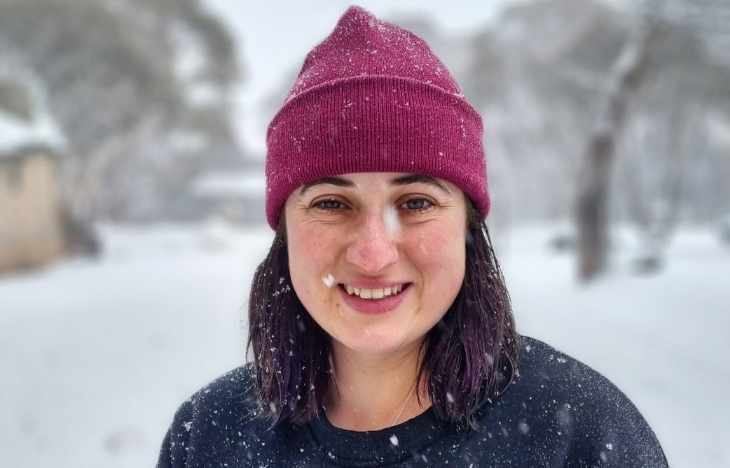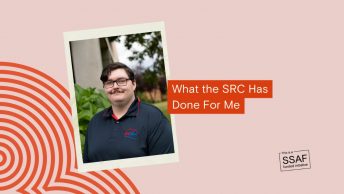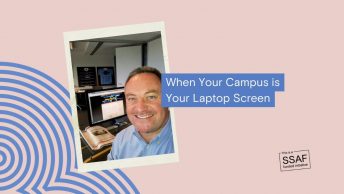This post is over three years old, the information may be outdated.
Any student would know that studying can be hard. But it is in those times where you are able to overcome hurdles and figure out what to do that really shows just what you can do. Not everyone learns the same way and by finding the right method for you, you can perform at your very best in your studies.
This is shown best by Sally Equid, a part-time distance paramedic student from South Australia who currently has a G.P.A. of 7.0. It has never been smooth sailing however, with Sally having to overcome a lot of challenges to get to where she is right now – which is literal perfection. I caught up with her to see how she operates and how you can get to the top of your studies your way.
Tell us a bit about yourself.
“I am 29, so I am a bit older than most other uni students. I currently work for SA Ambulance Services and I have done so for the last seven years. I started off as a Triple-Zero call-taker and was a dispatcher for a little while. Then I moved into a patient-facing, on road position about a year ago and I have been doing that while studying since 2018.
“I live in South Australia normally when I am not trapped because of COVID-19 and I do a bit of random stuff for hobbies. We go to the snow a lot, do a bit of skiing with my family. I have had horses most of my life; we have like a little hobby farm. I hang out with my sister and ride around for a bit; we get a lot of horses off the track and retrain them and use them for other stuff once they are done racing which is good fun.”
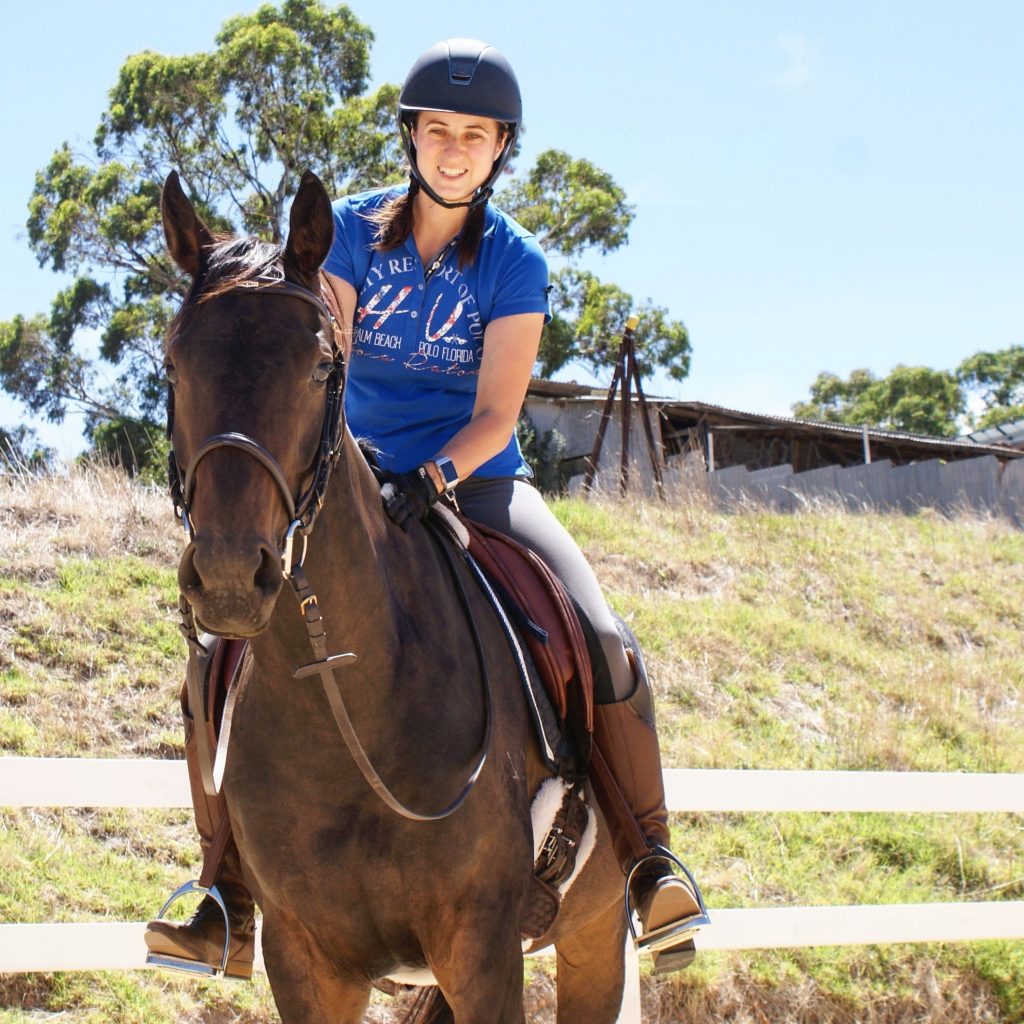
You are now performing incredibly well in your current studies, tell us about the struggles you’ve had in your past studies and how you have overcome them.
“So, I already have a degree, a nursing degree through Flinders about 10 years ago now. I didn’t do fantastically in that as I failed a few subjects. I had to go back and do Summer Schools, which for Flinders were only offered to students who failed, and you would have a chance to redo subjects over summer so they wouldn’t delay your studies. I did that a few times as I failed a few times.
“I just didn’t know how to learn. I’ve always known that I have dyslexia, I’ve had it since I was a kid, but nobody ever sat down and explained the differences between having it and not having it and how that might look at a tertiary level. At a tertiary level, it is kind of expected that you that you know how to learn. Nobody really goes over it with you.”
How did you overcome the difficulties you faced with learning with dyslexia and what did you do to achieve such a high standard in your studies?
“In my first year I emailed one of my lecturers to say that there were too many readings being posted, especially for a first year subject. He replied with, “You don’t need to read everything that I put on Interact. I’m gonna put a bunch of stuff up there but you’re a distance student so if you don’t like the readings then just don’t do them”. I had never contemplated not doing the readings.
“I was always like if I wanted to do well, then I would have to do all the readings. But my lecturer said “No, that’s dumb, work out what the key points are every week that I want you to learn, have a look at the learning outcomes and figure out what the content is for each week and how you learn that is up to you.”
“If you want to sit on YouTube and watch videos, then do that. If you want to talk to people because you need to do it face-to-face, then do that. If you need to sort out how to do it hands-on, then do that. It doesn’t matter, you’ve just gotta learn it. It changed my whole approach to the whole degree.”
What did you find was the best way for you to study?
“My lecturers probably wouldn’t like this, but I don’t even look at the readings, I don’t care. I’m not going to read them because I am not going to learn from them. I would work out what content they wanted me to learn every week, whether that is looking at lecture slides or looking at the learning outcomes, and once I looked at what content they wanted me to learn, I would use a few different programs that have video-based learning.
“I would draw my own pictures into my book with a bit of text on the side explaining what the picture is, and then forevermore, I can remember what the picture is. I am on my last subject of my whole degree and I still do it and I have still maintained a G.P.A of 7.0 without doing any readings.”
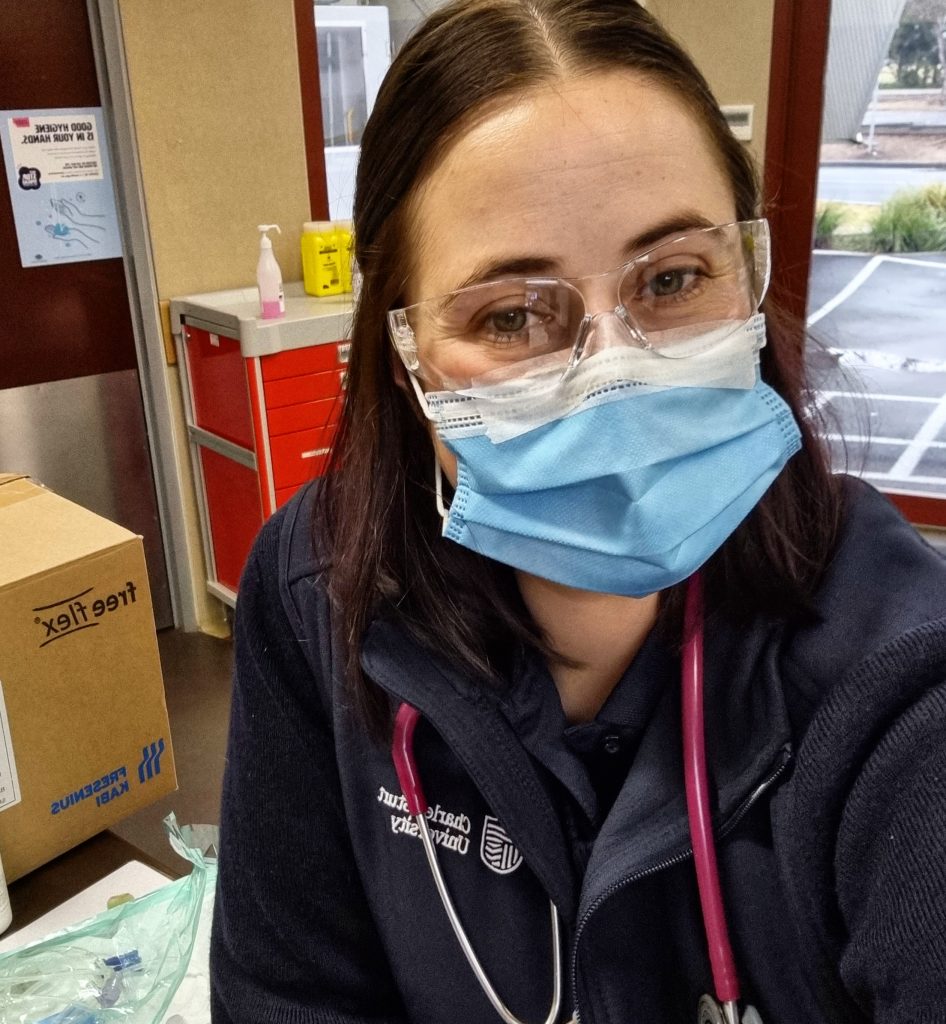
What do you say is the best way for other students, especially those who also have dyslexia, to learn?
“I googled ‘how do people with Dyslexia learn’, and everything that came up said that people with Dyslexia often like to learn by colour coordinating things and through pictures, and that is what I did.
“I colour coordinated my degree since first year. For me, because I did a medical based degree, every body system has a different colour. For anything respiratory for example, it is blue, and it just is. So, whenever I think of a respiratory question, I think to the colour blue and I can remember my notes because they are all colour coordinated. This does help because it breaks up the text. If I just use text, then it can be just a big blur and I can’t focus on anything.”
What advice would you have for other students so they can learn the best way possible?
“I say to students all the time now – don’t let people tell you that you are dumb just because you don’t learn they same way as everyone else. I think we are getting better at recognising that now than when I was in high school, but you definitely still see it. People think that because they don’t understand stuff the first time it was explained or if I don’t understand what was in this reading, then I am an idiot, but you’re probably not, you probably learn differently.
“There is no harm in spending a bit of time in thinking ‘how do I understand content’ and what does work for you. It might not be readings, or it might not be doing things the way that most people do it. Get onto YouTube and see if somebody is doing little videos that can explain something or draw pictures. It doesn’t matter how you learn the information, it just matters that you do.”


